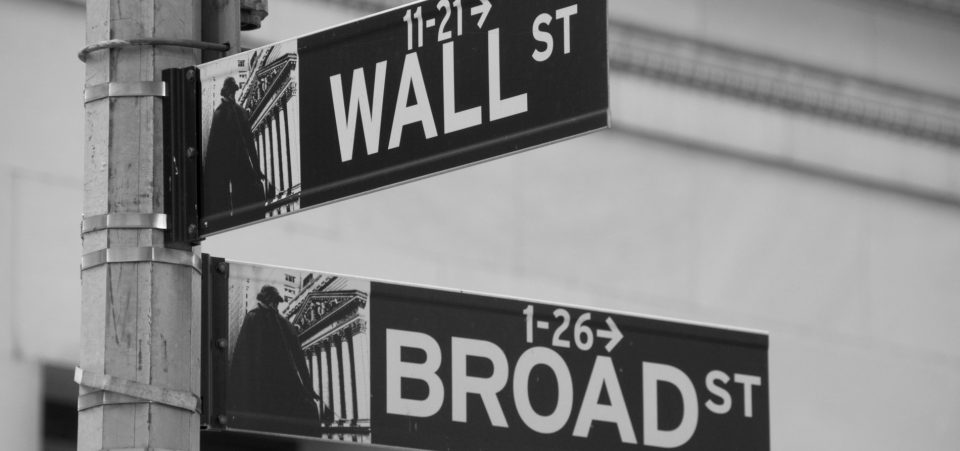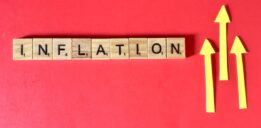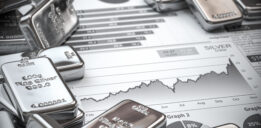It’s Time to Admit That the Markets Are in a Speculative Bubble
It’s time to admit that Wall Street has entered a phase we might best describe as a speculative bubble. In fact, let’s go ahead and call it a market bubble. The valuations of U.S. stocks are typical of a speculative bubble of the kind that leads to a major stock market crash. I do not think current stock valuations are sustainable over the medium- to long-term. Of course, who am I to declare this? I’m just an observer.
But the market’s hesitation would not have escaped your attention on September 20. After staying flat for much of the morning, the markets started to drop. That is, they dropped until the Federal Reserve announced that it would not alter the current interest rate policy—yet. The markets only recovered ground before the close.
This is the pattern that we can expect the closer the next big Federal Reserve interest rate decision comes. In turn, the U.S. stock market will affect all other markets. It will drag them all down. But, Wall Street could see a major market crash even before the next rate decision. Sooner or later, the majority of investors will conclude the following: at the current price levels (and P/E ratios), there are no especially viable opportunities for the average investor.
Positive and negatives tend to be amplified. But the risk is increasing daily. If you own stocks, exercise caution because the current and last quarter of the year may have some nasty surprises in store.
The Markets Are Following the Patterns of Classical Tragedy
To understand the current risk, Greek tragedy can be instructive. It’s befitting in more ways than one to speak of tragedies because the markets are about to meet their demise. Like the Greek or Shakespearean tragic heroes, there’s always a fatal flaw that causes their downfall. In the case of Macbeth, it was ambition; Hamlet was hesitant and procrastinated. In general, though, characters tend to be brought down by one form of hubris or another.
In present-day English, hubris describes a confident kind of arrogance. It’s the attitude of those who think they can get away with it—always. Hubris is a recurring theme of Greek tragedy and Greek literature, also present in the Poetics of Aristotle. It literally means “excess” or “excessive pride.” In its literary sense, it refers to an unjust or corrupt act in the past, which has negative consequences on people and events of the present.
It often involves going beyond an established or acceptable limit, which ends up challenging a higher nature, or the gods themselves. Thus, in the myth of Icarus, he is guilty of wanting to reach the same status and condition that is the prerogative of the gods. He wants to fly so high as to reach the sun. Thus, the gods punish him, sending him crashing to the ground to his demise. That should sound familiar if you’ve followed the Dow’s reach for the stars over the past year.
I can’t think of a better metaphor for the current stock market rally as I notice, at the time of writing, that the Dow Jones is at over 22,000 points. Given the current economy, it won’t be long before “Dow at 22,000” is offered as the official definition of hubris in the Oxford Dictionary descriptions of “hubris.” The Dow’s incredible run since Donald Trump was elected in November 2016 has defied all odds and logic. The stock market is rising too high and flying in thick clouds, loaded with risks. Of course, the higher it goes, the harder it will fall. Newton’s laws of motion are not exclusive to astrophysical phenomena.






